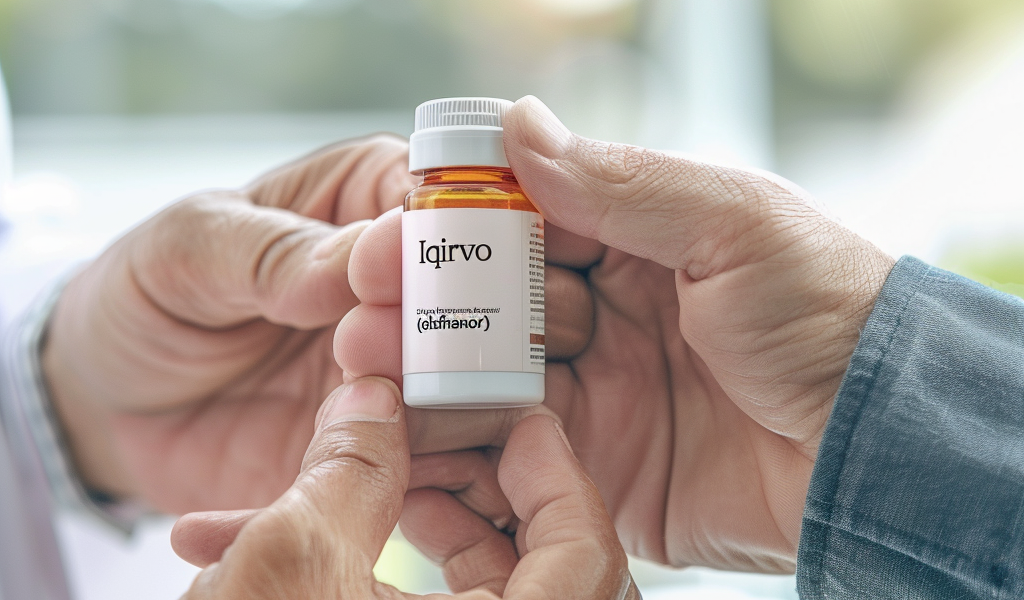The U.S. Food and Drug Administration (FDA) has recently given the green light to a new drug aimed at treating autoimmune liver disease, marking a significant advancement in the medical field. The medication, called Iqirvo (elafibranor), is developed by the French pharmaceutical company Ipsen and is designed to address primary biliary cholangitis (PBC), a type of autoimmune cholestatic liver disease.
Primary biliary cholangitis (PBC) is a condition where the immune system targets and damages the small bile ducts within the liver. This process can lead to the leakage of acids into surrounding tissues, resulting in liver damage or failure. The disease is characterized by chronic inflammation, bile accumulation, and the potential for irreversible scarring of the liver and bile ducts.
Despite being classified as a rare condition, PBC is often underdiagnosed, according to health experts. Dr. Douglas Dieterich, M.D., director of the Institute for Liver Medicine at Mount Sinai Health System in New York City, highlighted the prevalence of elevated liver enzymes among individuals, particularly women, which can be detected through a simple blood test known as antimitochondrial antibodies (AMAs).
Common symptoms of PBC include severe fatigue and itching, known as pruritus. If left untreated or if patients do not respond to existing therapies, the disease can progress to liver failure, necessitating a liver transplant or resulting in premature death.
Diagnosing PBC typically involves blood tests that measure specific liver enzymes and antibodies. Alkaline phosphatase (ALP) levels and the presence of antimitochondrial antibodies are commonly assessed to confirm the presence of the condition.
The approval of Iqirvo (elafibranor) by the FDA represents a significant milestone in the treatment of autoimmune liver diseases. This new medication offers hope for individuals living with PBC by providing a targeted therapeutic approach to manage the disease and potentially prevent further liver damage and complications.





